Why does nature give us a sense of well-being? The teachings of Indigenous peoples and their cultures offer an answer and encourage us to consider how we connect with the outdoors. In Indigenous cultures, the natural environment connects every aspect of life, from identity, beliefs and traditions to the power to heal.
In Episode 7 of the Don’t Change Much Podcast, host Dan Murphy is joined by Henry Morgan, of the Gitxsan Nation and Frank Cohn, co-Director of DUDES Club Society, an Indigenous men’s wellness organization. Morgan explains the practice of land-based healing, his own relationship to nature and how helping others to reconnect or experience the natural environment can help heal trauma and strengthen cultural identity in First Nations communities.
Henry Morgan, when did your journey begin with land-based healing? And why did you start this journey?
Land-based healing was introduced to me as a child. It was things that we had to do around our house, our community, and our family in order to survive, in order to work together. It was shown to me by my aunties and my uncles through them coming together to do things. When it came to harvesting salmon, my aunties all gathered together, and all the men were out there fishing.
And part of that introduction to harvesting was our practices in the smokehouse for myself and my brother. We were taught many different ways to preserve salmon, from smoking to canning, to half dried to fully dried. And how to keep our area clean, no matter where we are; at our fishing hole, at our smokehouse. Throughout my life there, as we got older, I separated away from my community.
I was reintroduced longer than 10, 12 years ago, as I worked with people in the urban setting and seeing the addictions, seeing the homelessness and just witnessing these things that have been going on. I come from a rural setting where I didn’t know there was addiction and homelessness.
There are quite a few others that were actively out in the communities or the urban settings, running sweat lodges, trying to support those people that were struggling with addictions and homelessness. And I was a part of that in the 25 years I was downtown, trying to understand not only why First Nations were coming into the city but also understand the First Nations organizations that were coming together to try and support them in a way to improve their mental health and emotional, spiritual, and physical (health).
I had to understand my place and my teachings and balance the Western world with the Indigenous world and practices of the medical model versus the land-based healing model and the importance of having both to help someone.
My partner calls it conjunctional therapy, where we were using two views (two-eyed seeing). And within the DUDES Club Society, it’s the two (models) I’ve seen. It’s created clarity, and it also (made) the Western model something to utilize when we’re working with our people. It is in those spaces where I started strengthening myself and the teachings that I carried and how I can use that to help another person.
Frank Cohn, what is the DUDES Club Society?
The DUDES Club Society is a brotherhood for men’s wellness, and it was launched in 2010 by men in the community for men in the community…We’re here as supporters, and facilitators, providing tools, coaching, and mentoring.
We know from the research, and we know from our experience of working with thousands of men over the last decade and a bit, that if a man has some other guys that he feels comfortable and safe with, then he’ll start to open up, and he’ll start to share. And he’ll start to ask for help.
The DUDES Club Society is a very non-prescriptive, non-formulaic, open model to men’s wellness based on the idea that if there’s one thing that we can and need to do with men, it’s to reduce their isolation because we know that especially as men get into their 40s, 50s, and 60s, isolation becomes very hazardous for your health.
Henry, what are the benefits of getting out into nature, and what are the benefits it can have on the mind?
Our environment impacts our mental and our emotional well-being. So, if we’re able to get away, that makes a world of a difference.
I just ran into a gentleman who attended our last retreat about three years ago. We went down to the lake, and just by him coming in and meeting other men, he’s been sober ever since. And he said he was very appreciative for the opportunity just to get away, to be on the land again, to reconnect with the land, reconnect with other men, to know that there were other people out there working hard to support men.
And there are so many stories like that, just coming together and being as one on the land, that people have changed their lives. They stopped the drinking; they stopped the anger; it just changed them.
I think a lot of it is finding our voice, and that’s the beautiful thing about the DUDES Club Society as well; it’s finding your voice, and culture provides that avenue.
So finding our voice is one of the key pieces and finding strength, trusting others and not doing something with an expectation that I’m gonna receive this if I do this, but rather just being there for someone and supporting them.
Frank, are there parallels that can be drawn to those who are not Indigenous and who don’t have these traditions to help?
What we’re talking about are not just issues that affect men who are from Indigenous communities, but that affect all of us as men. All of us as men, I think, struggle with a disconnect from land and from traditional practices.
Also, as men, we struggle to reach out for support, to make friendships—especially later in life—and to ask for help. Part of this process of the undoing of cultural strength and of connection to the land is this idea that this is how or who you’re supposed to be as a man; and what it means to be a successful man.
And as we know, a lot of that ends up producing different forms of toxic masculinity, or problematic masculinity, ways of being a man that doesn’t actually help you to feel better. And maybe doesn’t help your family and friends to feel better. There’s a lot of healing and processing for all of us to do.
Frank, how difficult is it to begin the healing process in an urban environment?
It’s very challenging. And that’s one of the things that we become very aware of in our work is disconnection, disconnection from the land, and disconnection from culture.
We have to keep in mind that the residential school system was in place until 1996, which happens to be the year that I graduated high school. And like Henry, I also didn’t know anything about those schools when I was growing up here.
Disconnection from culture, land, and language is huge. And disconnection comes along with that, from family, from the community, from self, and from your own health and wellness. When you’re disconnected from those important kinds of pillars and foundations in life, then you also start to disconnect sometimes from caring or taking care of your health.
Henry, for those dealing with trauma or who are looking to heal and may be ready to take this first step, where can they go to get help reconnecting?
There are multiple resources out there in the urban settings. It could be in the Aboriginal organizations; it could be in the clinics or the DUDES Club Society.
There are 55 nations in the north, and out of those 55 nations, I think the first year, it was like 35 that actively had a men’s group that were working towards supporting other men.
But then there are the cities that are in between them like Prince George, Terrace, Prince Rupert, Vancouver, urban settings; they have DUDES Club Societies there as well. So that creates that linkage to the communities.
So, a lot of First Nations that were in the urban settings were from these smaller communities. Once they realized that there was a DUDES Club Society or a men’s group in the community—the First Nations community—it begins a thought process that I could go home, and I can share, and I can be there in my community, continuing to do the work that I do where I am right now. I think any Indigenous organization is working towards it, as well as the urban communities. They are working hard to create a space for men.
Have you benefited from connecting with nature? Share with us in the comments below.
About Henry Morgan:
Henry Morgan is a member of the Gitxsan Nation, a Trauma Cultural Support Worker with the Indian Residential School Survivors Society (IRSSS), and an Indigenous focused therapy practitioner for complex trauma and addictions with certification in social work. He is co-founder of Whispering Pine, a consulting service dedicated to community-driven support to reduce suicide, poverty and addictions using land-based healing approaches.
About Frank Cohn:
Frank Cohn has more than 20 years of experience managing and evaluating community development, social impact, and education programs, in 22 countries; with leadership capacity building work with over 10,000 people in over 100 rural villages and urban neighbourhoods. Frank also serves as the Executive Director of the Vancouver Association for Survivors of Torture.
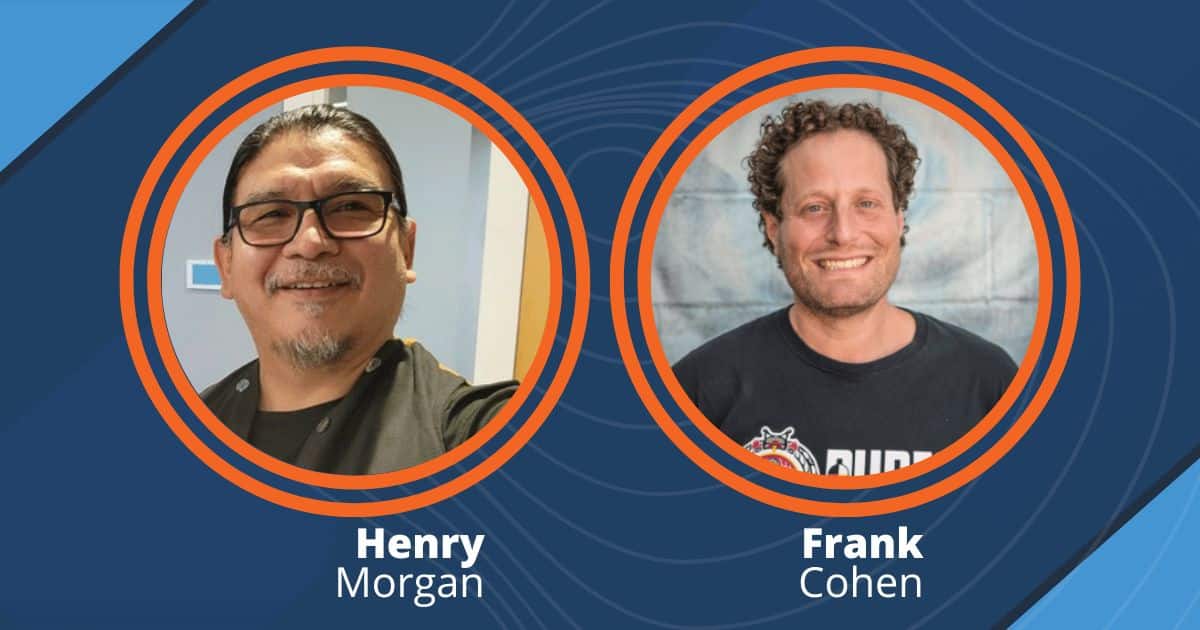
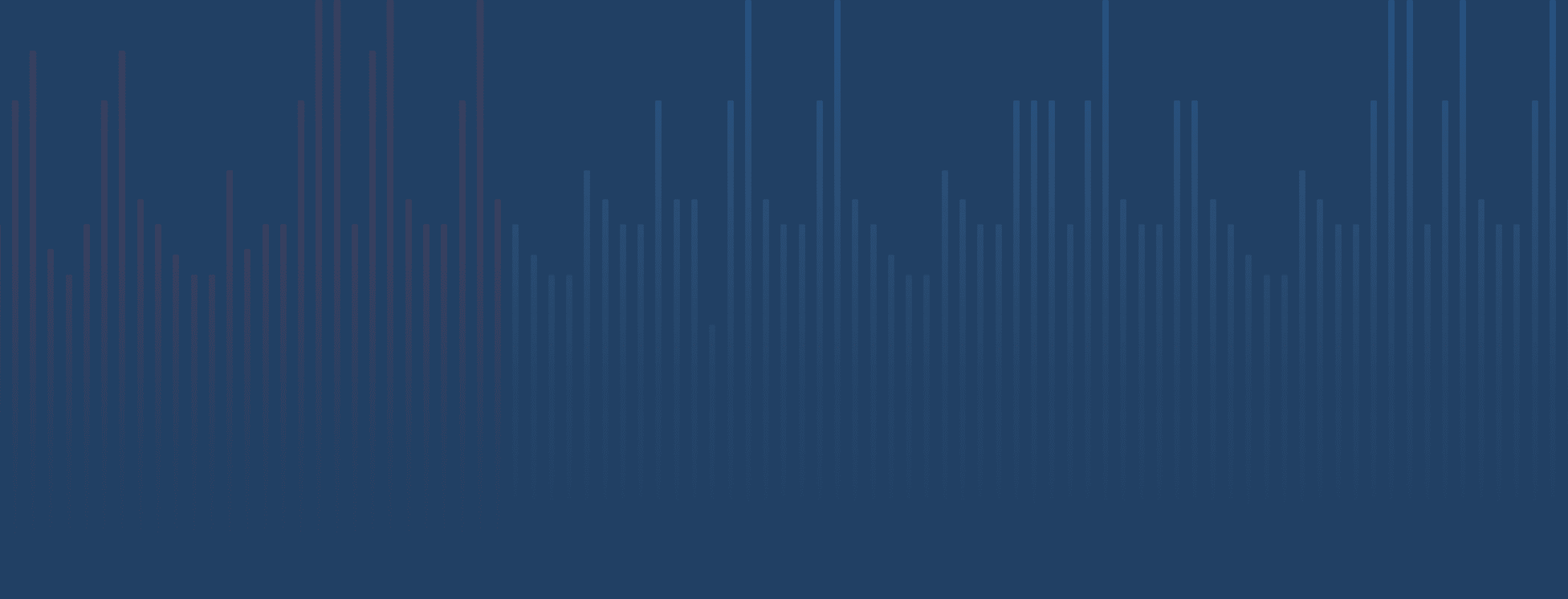







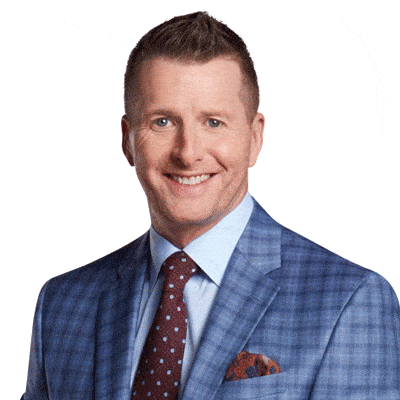
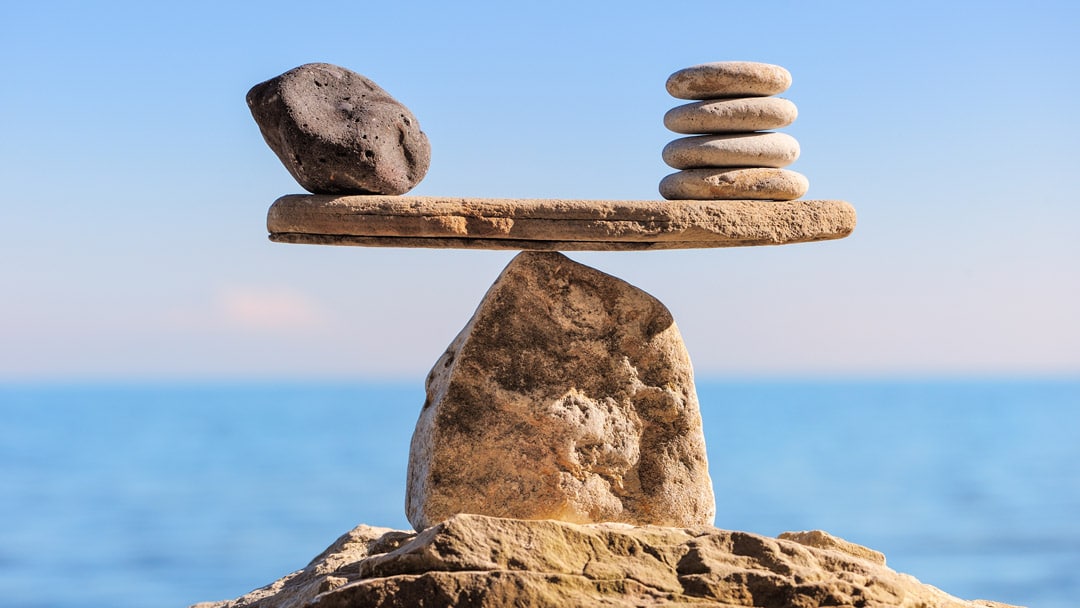
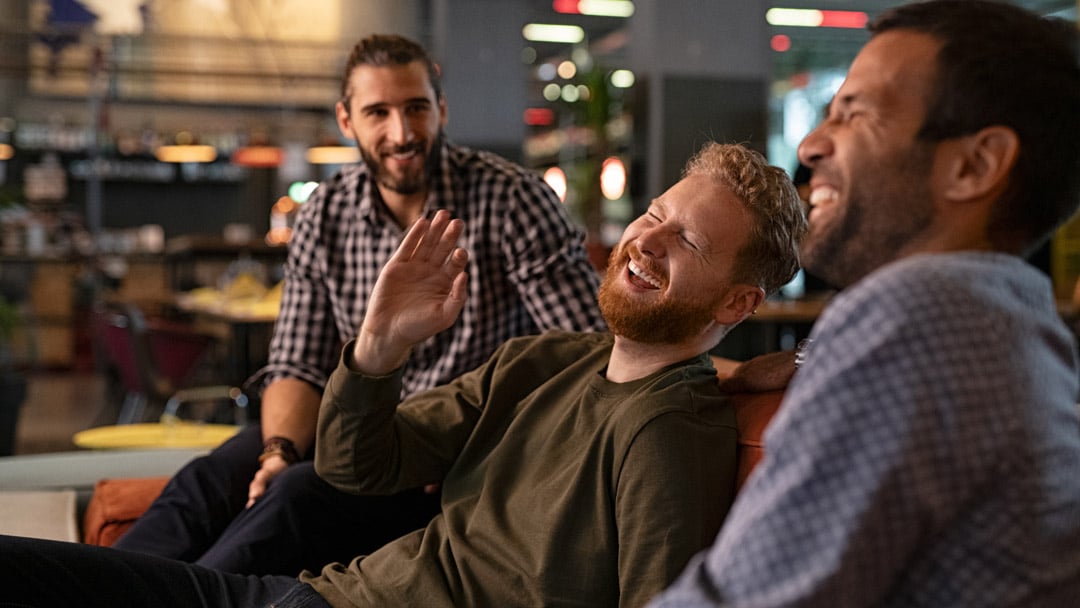
Let’s Talk!
Did you enjoy this article? Let us know in the comments.
0 Comments